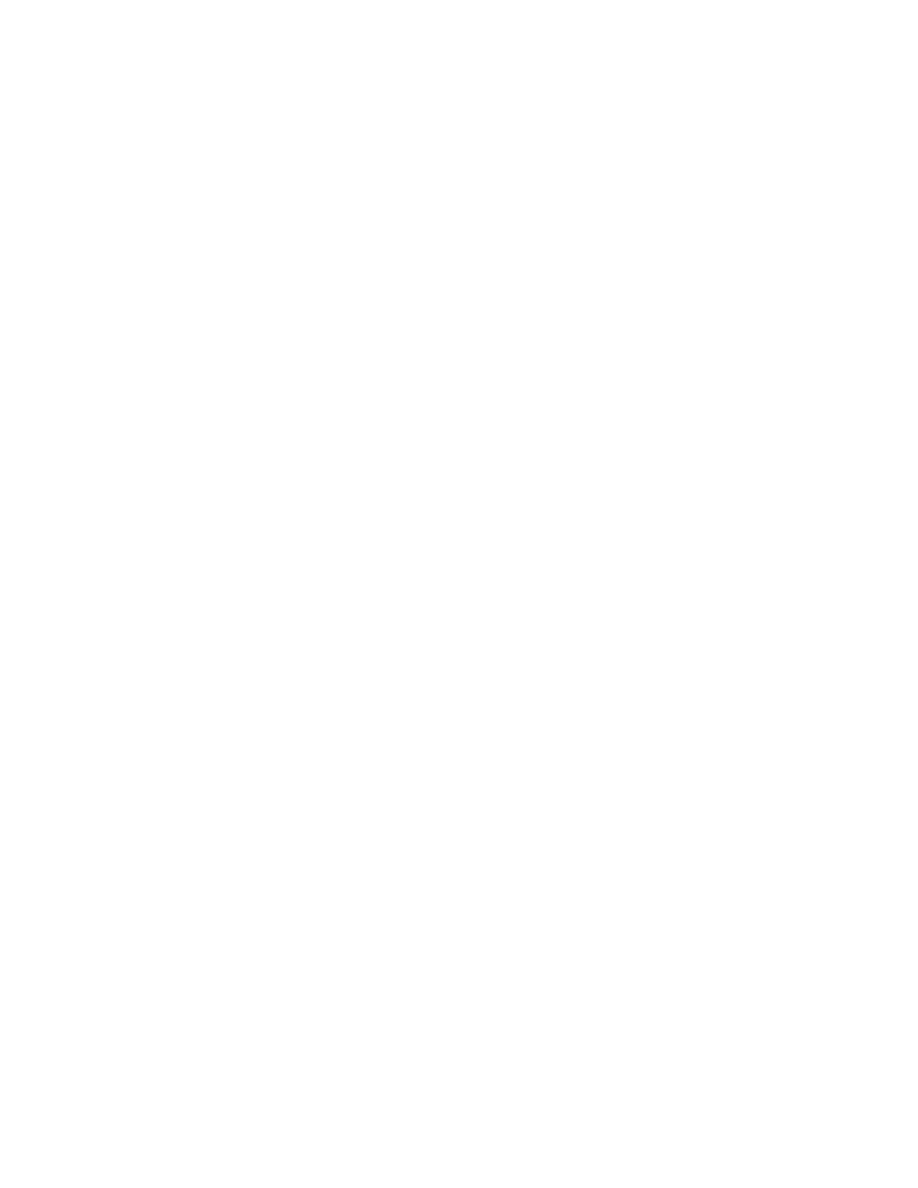
610
14 CFR Ch. I (1–1–19 Edition)
Pt. 141, App. I
and instrument departure and approach pro-
cedures;
(9) Aircraft loading; weight and balance;
use of charts, graphs, tables, formulas, and
computations; and the effects on aircraft
performance;
(10) Aerodynamics relating to an aircraft’s
flight characteristics and performance in
normal and abnormal flight regimes;
(11) Human factors;
(12) Aeronautical decision making and
judgment; and
(13) Crew resource management to include
crew communication and coordination.
4. Flight training.
(a) Course for an additional airplane cat-
egory and single engine class rating.
(1) For the recreational pilot certificate,
the course must include 15 hours of flight
training on the areas of operations under
part 141, appendix A, paragraph 4(c)(1) that
include—
(i) Two hours of flight training to an air-
port and at an airport that is located more
than 25 nautical miles from the airport
where the applicant normally trains, with
three takeoffs and three landings, except as
provided under § 61.100 of this chapter; and
(ii) Three hours of flight training in an air-
craft with the airplane category and single
engine class within 2 calendar months before
the date of the practical test.
(2) For the private pilot certificate, the
course must include 20 hours of flight train-
ing on the areas of operations under part 141,
appendix B, paragraph 4(d)(1). A flight simu-
lator and flight training device cannot be
used to meet more than 4 hours of the train-
ing requirements, and the use of the flight
training device is limited to 3 hours of the 4
hours permitted. The course must include—
(i) Three hours of cross country training in
a single engine airplane, except as provided
under § 61.111 of this chapter;
(ii) Three hours of nighttime flight train-
ing in a single engine airplane that includes
one cross country flight of more than 100
nautical miles total distance, and 10 takeoffs
and 10 landings to a full stop (with each
landing involving a flight in the traffic pat-
tern) at an airport;
(iii) Three hours of flight training in a sin-
gle engine airplane on the control and ma-
neuvering of the airplane solely by reference
to instruments, including straight and level
flight, constant airspeed climbs and de-
scents, turns to a heading, recovery from un-
usual flight attitudes, radio communica-
tions, and the use of navigation systems/fa-
cilities and radar services appropriate to in-
strument flight; and
(iv) Three hours of flight training in a sin-
gle engine airplane within 2 calendar months
before the date of the practical test.
(3) For the commercial pilot certificate,
the course must include 55 hours of flight
training on the areas of operations under
part 141, appendix D, paragraph 4(d)(1). A
flight simulator and flight training device
cannot be used to meet more than 16.5 hours
of the training requirements, and the use of
the flight training device is limited to 11
hours of the 16.5 hours permitted. The course
must include—
(i) Five hours of instrument training in a
single engine airplane that includes training
using a view-limiting device on attitude in-
strument flying, partial panel skills, recov-
ery from unusual flight attitudes, and inter-
cepting and tracking navigational systems;
(ii) Ten hours of training in an airplane
that has retractable landing gear, flaps, and
a controllable pitch propeller, or is turbine-
powered;
(iii) One 2-hour cross country flight during
daytime conditions in a single engine air-
plane, a total straight-line distance of more
than 100 nautical miles from the original
point of departure;
(iv) One 2-hour cross country flight during
nighttime conditions in a single engine air-
plane, a total straight-line distance of more
than 100 nautical miles from the original
point of departure; and
(v) Three hours in a single engine airplane
within 2 calendar months before the date of
the practical test.
(4) For the airline transport pilot certifi-
cate, the course must include 25 hours flight
training, including 15 hours of instrument
training, in a single engine airplane on the
areas of operation under part 141, appendix
E, paragraph 4.(c). A flight simulator and
flight training device cannot be used to meet
more than 12.5 hours of the training require-
ments; and the use of the flight training de-
vice is limited to 6.25 hours of the 12.5 hours
permitted.
(b) Course for an additional airplane cat-
egory and multiengine class rating.
(1) For the private pilot certificate, the
course requires 20 hours flight training on
the areas of operations under part 141, appen-
dix B, paragraph 4.(d)(2). A flight simulator
and flight training device cannot be used
more than 4 hours to meet the training re-
quirements, and use of the flight training de-
vice is limited to 3 hours of the 4 hours per-
mitted. The course must include—
(i) Three hours of cross country training in
a multiengine airplane, except as provided
under § 61.111 of this chapter;
(ii) Three hours of nighttime flight train-
ing in a multiengine airplane that includes
one cross country flight of more than 100
nautical miles total distance, and 10 takeoffs
and 10 landings to a full stop (with each
landing involving a flight in the traffic pat-
tern) at an airport;
(iii) Three hours of flight training in a
multiengine airplane on the control and ma-
neuvering of a multiengine airplane solely
by reference to instruments, including
straight and level flight, constant airspeed
VerDate Sep<11>2014
08:20 May 17, 2019
Jkt 247048
PO 00000
Frm 00620
Fmt 8010
Sfmt 8002
Y:\SGML\247048.XXX
247048